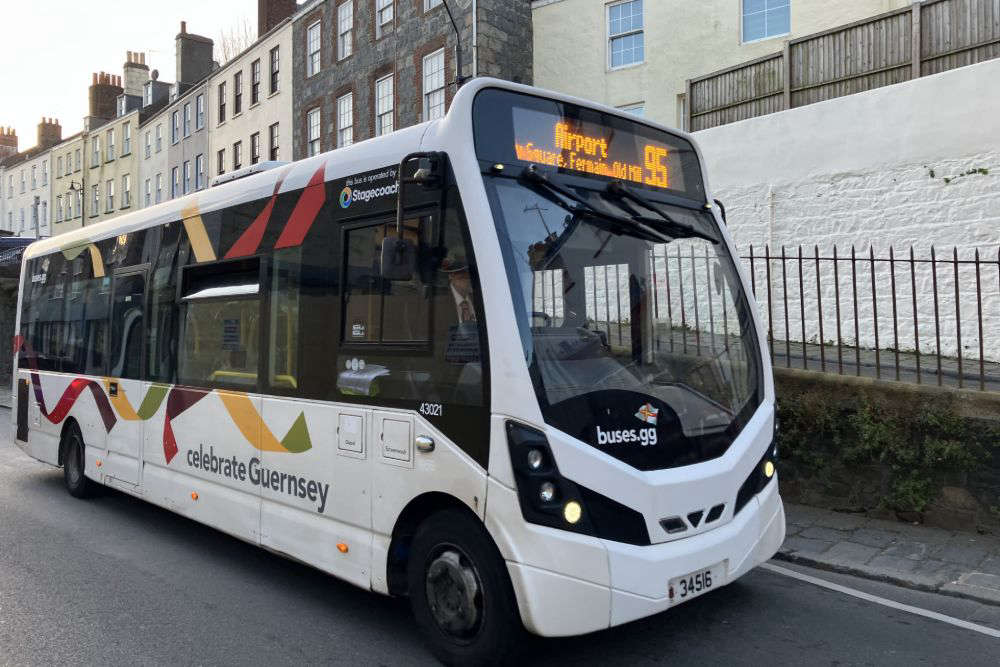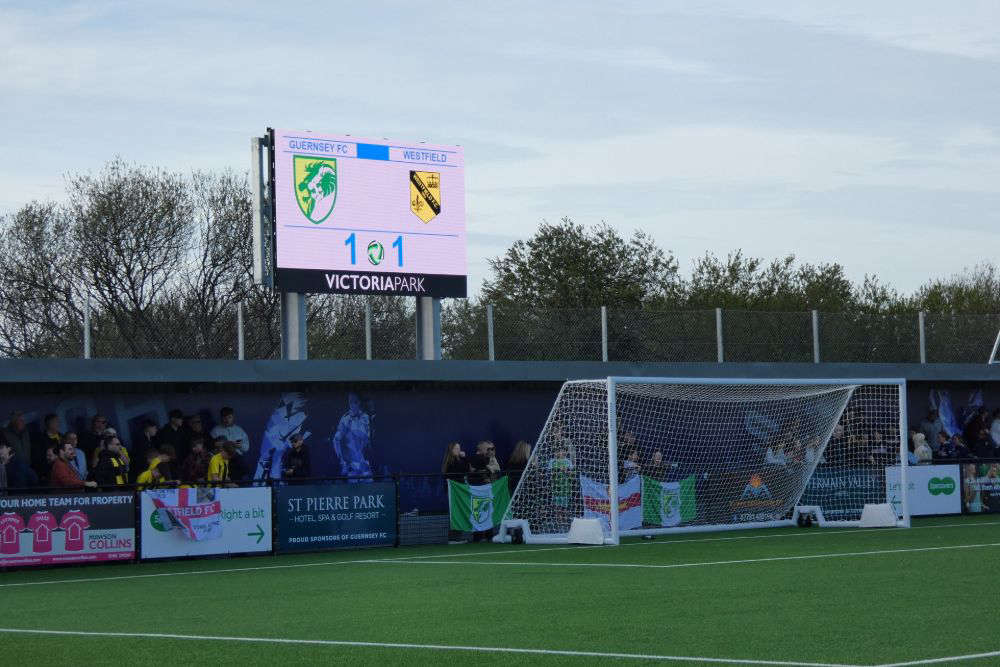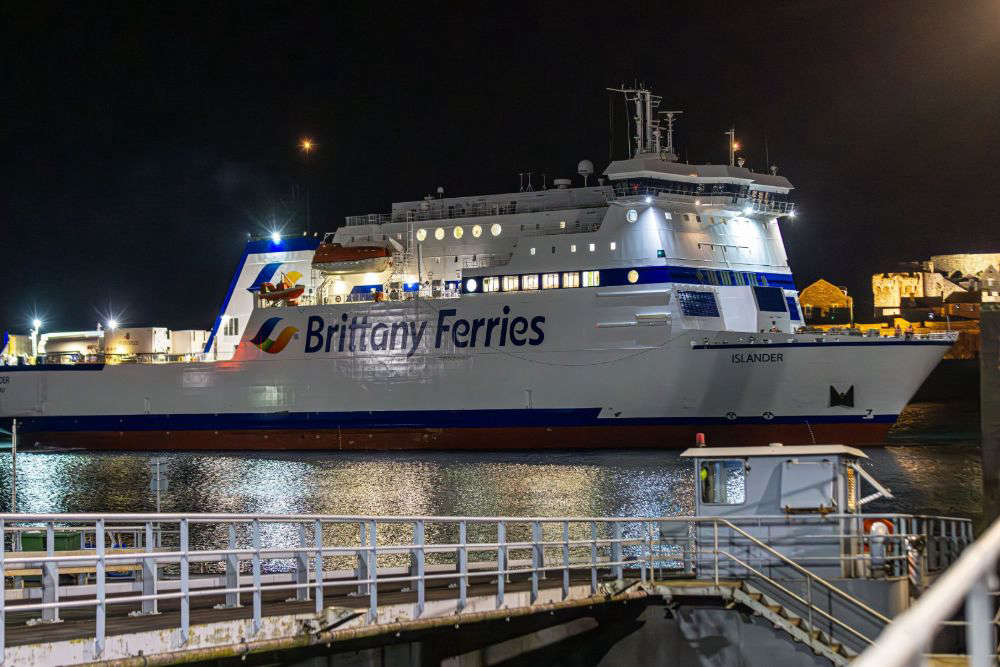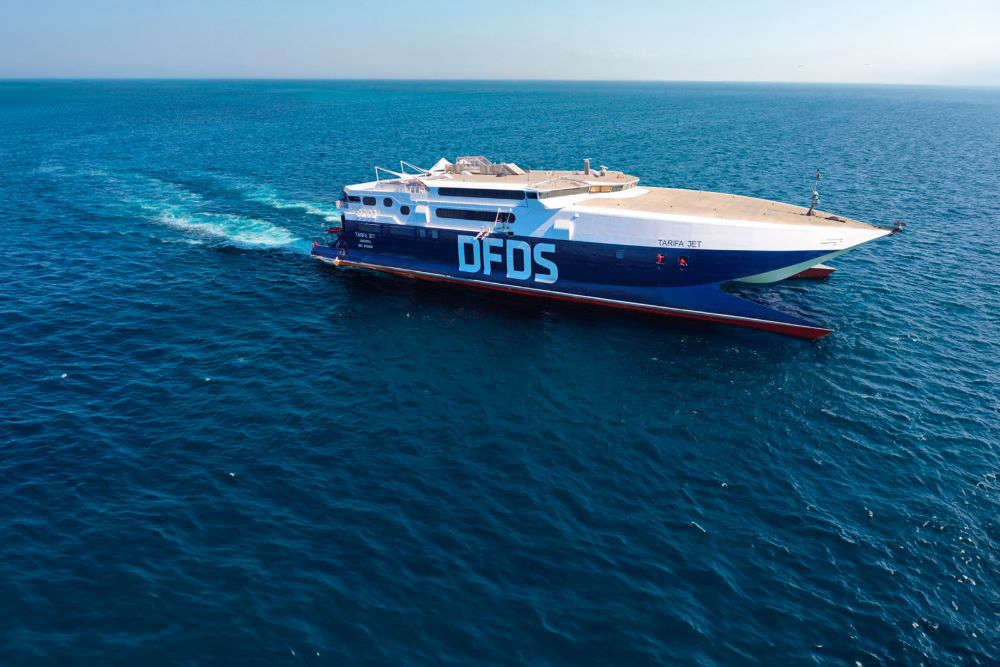
Support totalling millions already provided through financial measures for those impacted by the coronavirus pandemic.
We're told a large number of individuals and businesses are benefiting from the package of financial support measures recently agreed by the States of Guernsey, to help mitigate the economic impact of the coronavirus pandemic.
More than £800,000 has been paid out in benefits, to more than 1,000 people who have made claims for unemployment or sickness benefit, income support and the newly-established hardship fund.
Meanwhile, in the first week of operation, 156 grants to small businesses have been approved, amounting to £468,000. The new payroll co-funding scheme has also approved 24 applications, totalling circa £100,000.
The financial support measures also included deferral of certain taxes and other costs for businesses, such as commercial TRP, and employers’ social security contributions. The Revenue Service has approved 877 claims for deferral of revenues, with an overall value of £3.4m.
Applications are still coming in, and being processed as quickly as we can. The new business support team are working very long hours to respond to applicants and answer enquiries.
The financial support programme is being led by Deputy Lyndon Trott, Vice-President of the Policy & Resources Committee, who has been in regular dialogue with business leaders, landlords, banks, lenders and individuals on how the coronavirus pandemic, and the necessary public health restrictions, are affecting them.
Deputy Trott said: “I’m incredibly impressed with how our business community has recognised the seriousness of this public health crisis, and supported the measures introduced by government to ensure we protect the lives and health of Islanders as our top priority.
'Many businesses have been able to carry on their work, quickly setting up what they need so their staff can work from home, or if their work is essential, maintain good hygiene practice and social distancing to protect staff. But for many others, and in some cases entire sectors, working simply isn’t an option and they have had to soak up the economic impact as best they can.
'Many businesses understandably need help if they stand any chance of surviving, and the truth is, some won’t be able to. We’re doing all we can to support businesses as well as individuals who have seen their pay cut, been furloughed, or found themselves suddenly unemployed. We’ve
worked quickly to bring in the measures, we are already making payments and we are looking at what more we need to do. After listening to the concerns from certain parts of the business community, we’ve expanded the sectors eligible for support through the payroll co-funding scheme.
'Throughout this crisis and beyond, we must be conscious that the funds used to support those facing financial difficulties, because of the coronavirus, are public funds. As a consequence of the circumstances we are also seeing far less in terms of public revenues. It is not only businesses and individuals that have seen their income cut. Clearly this expenditure was not envisaged when we planned the Budget for 2020. All
of those plans now need careful reconsideration if we are to manage public finances successfully through this crisis. We are beginning to look at what we’ll need to do to help the economy recover, but we are acutely aware that we still don’t know how long restrictions on business will need to be in place and how severe the impact will ultimately be.
'This crisis has thrown up new challenges on a daily basis. It will be difficult on all of us for some time, but we will come out the other side, by supporting each other and working together.”


 Drone show for Liberation Day
Drone show for Liberation Day
 Stagecoach takes over Guernsey's bus service
Stagecoach takes over Guernsey's bus service
 Jersey company keen to exploit CI wind potential
Jersey company keen to exploit CI wind potential
 Guernsey grab a point at the new home of island football
Guernsey grab a point at the new home of island football
 Alderney school joins global ocean programme
Alderney school joins global ocean programme
 Brittany Ferries takes control of Guernsey's sea links
Brittany Ferries takes control of Guernsey's sea links
 DFDS cancels first sailing to Jersey
DFDS cancels first sailing to Jersey
 Figure behind new evidence on slave labour deaths in Alderney to step down
Figure behind new evidence on slave labour deaths in Alderney to step down




